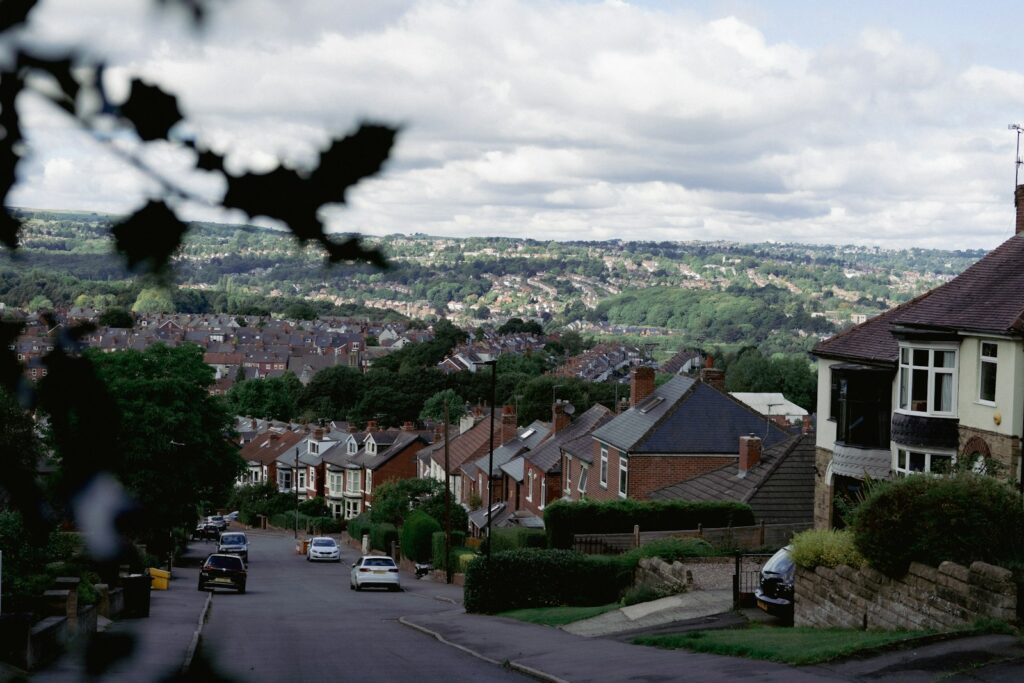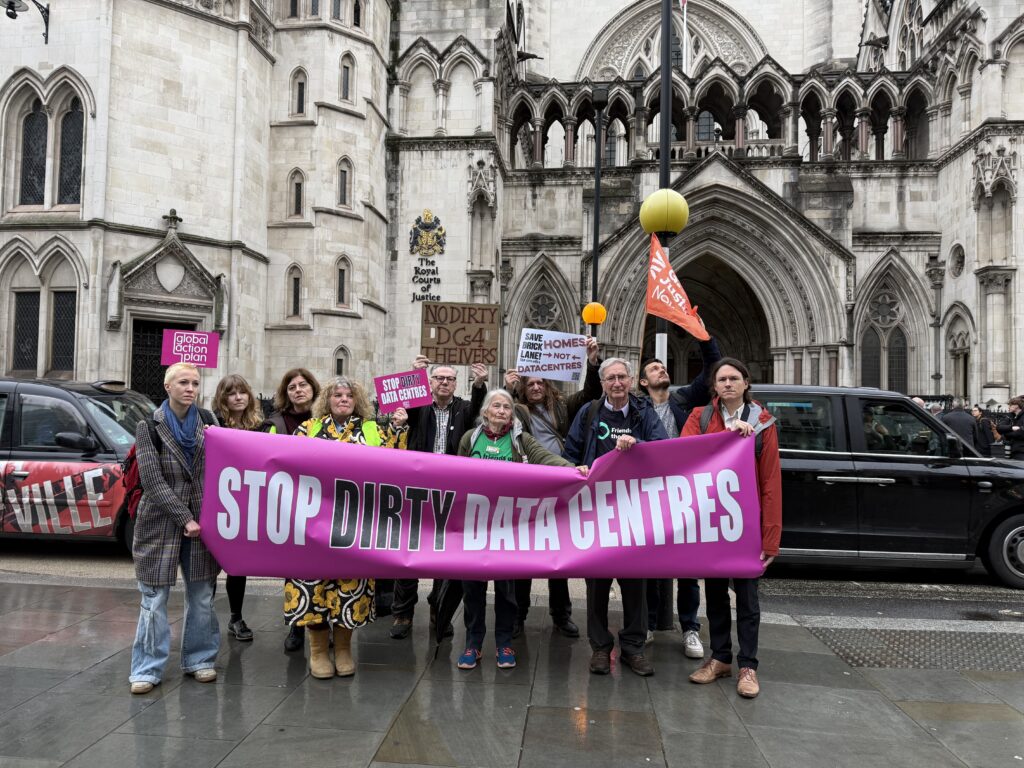As the country gears up for a general election, calls are being made to stop politicians contributing to a disinformation crisis.
A new report by the thinktank Demos has advocated for tighter rules to reprimand members of parliament for spreading conspiracy theories. This comes after a number of senior politicians were found to have repeated false beliefs surrounding 15-minute cities and low-traffic neighbourhoods [LTNs].
An urgent review is needed by parliament’s ethics and standards watchdogs to ensure statements from ministers were truthful and accurate in communications on contentious issues. Disinformation risks polarising debates, and muddying waters around potential policies, with the environment particularly vulnerable to this.
Among other things, researchers found that LTN-related disinformation ‘exploded’ online between 2022 and 2023. ‘Disinformation has flourished in the democratic chasm that is widening at a local level between councils and communities and in the vacuum left by the decimation of local news,’ Demos concluded, adding that: ‘Weaknesses at every level of our information ecosystems enable such disinformation campaigns to weaponize division.’]
The assessment was conducted in collaboration with the Public Interest News Foundation, and is the most in-depth study of rows over LTNs ever conducted. This involved studying more than 570,000 social media posts, offline face-to-face engagement, and 24 interviews with local journalists, community leaders, activists and politicians in three different localities.
Rochdale, Greater Manchester was chosen after new planters were set ablaze, Enfield was selected because of death threats made to councillors, while Oxford was included because neo-Nazi groups have joined recent rallies against LTNs, with residents involved in pilot schemes branded ‘guinea pigs.’
‘We found that local divisions are not the result of disinformation and conspiracy theories, but rooted in the confronting nature of the policies themselves and the very real impact they are having on people’s lives,’; the report said. ‘Our findings reveal the failures on the part of councils to understand and effectively engage with their communities that has amounted to a democratic chasm; and they illuminate how the actions of national politicians have made this even worse. To focus exclusively on disinformation campaigners is to ignore the fertile ground on which they thrive.’
Image: Ehimetalor Akhere Unuabona
More on disinformation:
The importance of climate action and communication after UK local elections
How to spot climate misinformation and disinformation, and counter both

















